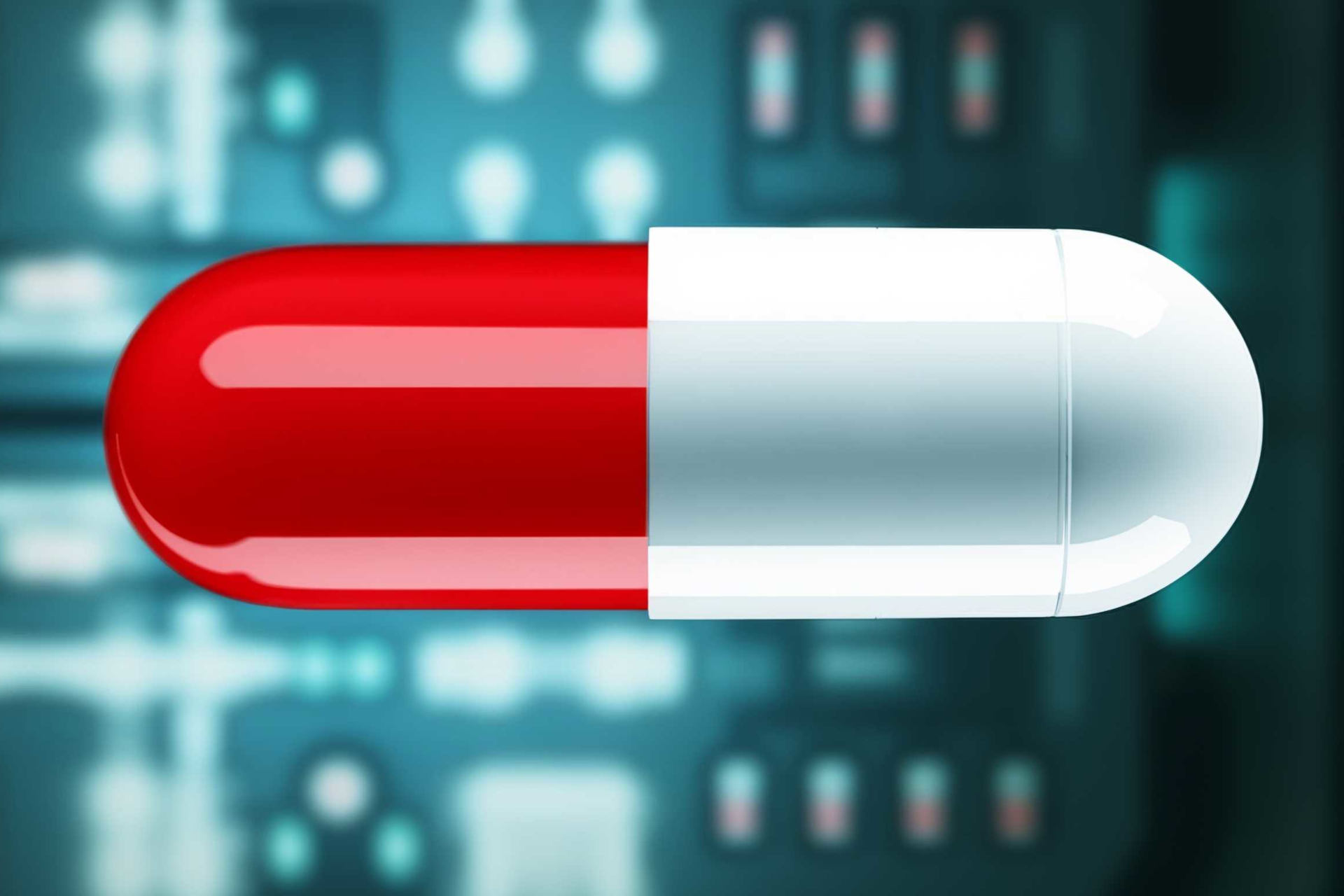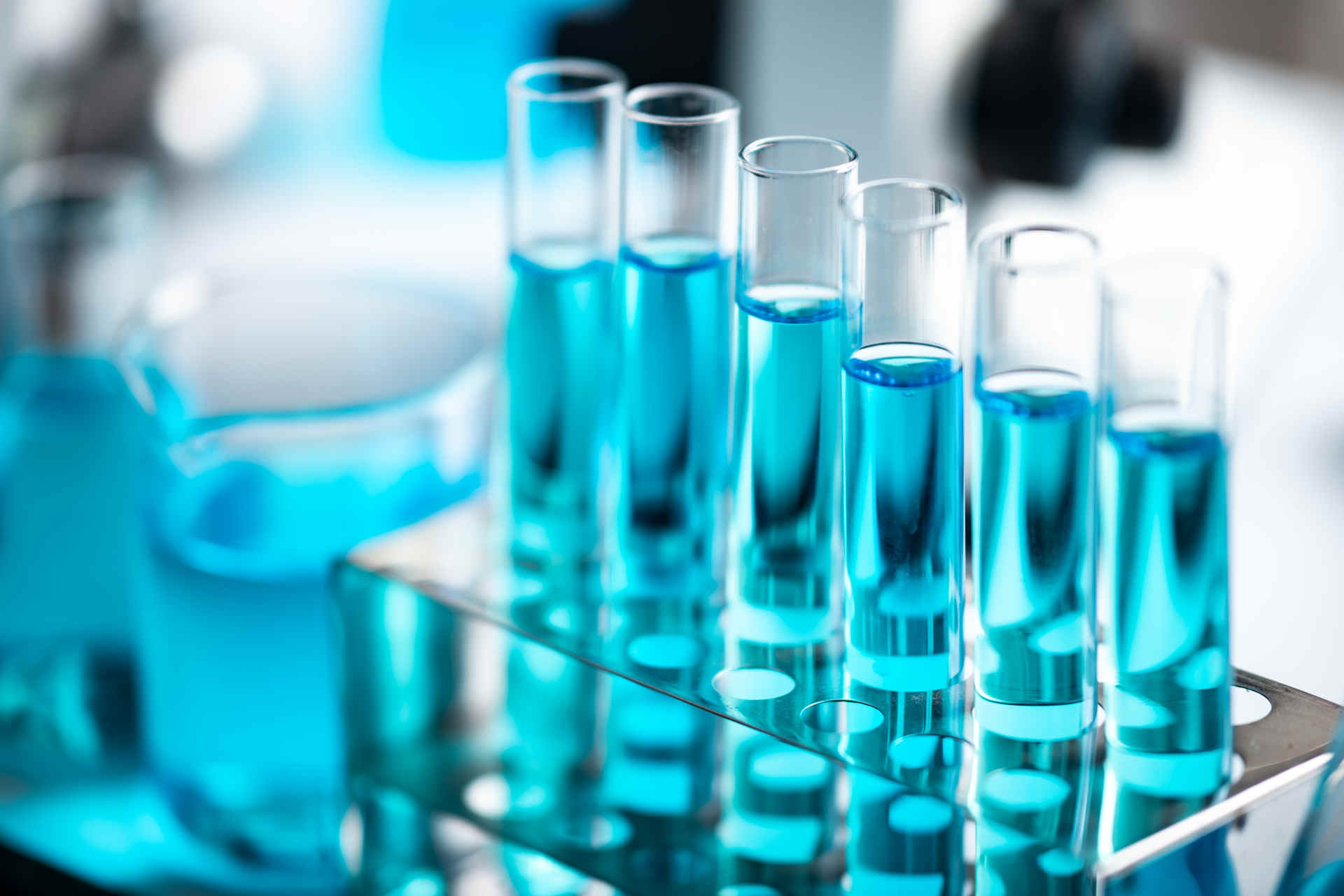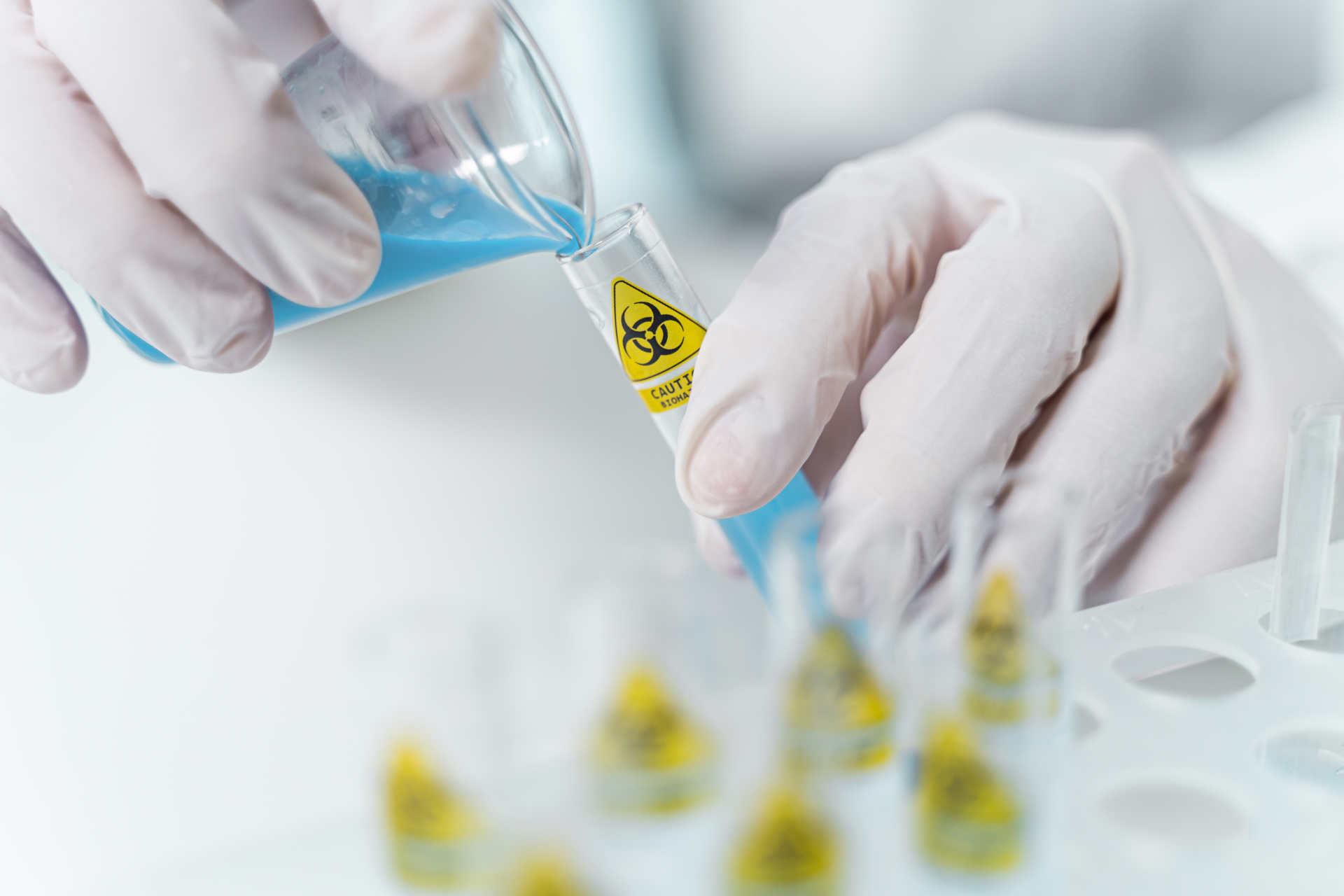Artificial Intelligence also for the development of new drugs
Researchers at ETH Zurich have developed an AI model that can significantly accelerate the synthesis of innovative medicines

Researchers at the Federal Institute of Technology in Zurich have developed aArtificial intelligence capable of significantly accelerating the development of new drugs and to optimize existing ones.
ETH's Artificial Intelligence is able to identify at which point on the scaffold molecules it is possible to develop new active ingredients, and is also able to determine the optimal conditions for the chemical reactions requests are successful.
Le predictive capabilities of the new model are surprising: verified in the laboratory on already known drug molecules, the AI's predictions proved correct in five out of six cases.
The Big 100 of chemistry and the challenges of the global economy
Development of new drugs, libraries enhanced thanks to chemistry

The synthesis of new drugs towards a real revolution
To date, to identify and produce new drugs and active ingredients it was necessary to go through a long experimental path made up of hypotheses, trials and errors: a very expensive road in terms of time and resources, and full of dead ends.
Generally, to produce new pharmacologically active molecules, chemists use synthesis methods derived from already known chemical reactions, and then test each of these methods through laboratory experiments.
Today, however, theArtificial intelligence permette developments that were unthinkable just a few years ago, and new technologies can also find application in the field of synthesis of new drugs. Scientists from ETH Zurich and researchers from Roche Pharma Research and Early Development have developed an AI model that helps determine the best synthesis method, and can also indicate its probability of success.
"Our method can significantly reduce the number of laboratory experiments needed“, He explains Kenneth Atz, doctoral student at the Institute of Pharmaceutical Sciences at ETH Zurich who, together with Professor Gisbert Schneider, developed the AI model.
MSD, the pharmaceutical sector in the Netherlands turns green
There is a "spy" in the belly, and it is a patch with sensor functions

How new drugs are born: scaffolds and functional groups
Il AI model for the synthesis of new drugs has been tested, for now, with the chemical reaction of borylation, one of those “already known reactions” used for the production of new active ingredients. These generally consist of ascaffolding to which the so-called are linked functional groups such as amides (for example, paracetamol) and alcohols (for example, glycerin).
These scaffoldings, or scaffolds, serve to support the functional groups and keep them in the right position so that they act in a certain way. The scaffolds, however, are mainly composed of atoms of carbon and hydrogen, which makes them anything but reactive: obtaining a bond with functional atoms such as nitrogen, oxygen or chlorine is not at all obvious.
To be successful in creating these bonds, you need to chemically activate the scaffolds via deviation reactions. Borylation is one of these activation methods: it consists of bonding a chemical group containing boron to a carbon atom of the scaffold, and then conveniently replacing it with another pharmacologically effective group.
Water, grass and humanity: the cognitive limits of Artificial Intelligence
New Computerized Patient Record: Full speed ahead in Switzerland

Artificial Intelligence enters the laboratory triumphantly
One way for produce new drugs and improving existing ones consists of placing functional groups in new seats on the scaffolds: the Artificial Intelligence developed by researchers at the Federal Institute of Technology in Zurich takes care of simplifying this step. The model is able to identify new possible additional locations and determine the optimal conditions for the success of the activation reaction.
The initial idea, they explain, was to take the reactions described in scientific literature and use them for train an Artificial Intelligence model to be used to identify as many borylation sites as possible on new molecules.
"Although borylation has great potential, the reaction is difficult to control in the laboratory”, explains Atz, “that's why our in-depth search of world literature brought to light only just over 1.700 scientific articles on the topic”. To ensure the quality of the data to be fed to the AI model, the team narrowed down the sources to 38 particularly reliable documents, which describe a total of 1.380 borylation reactions.
The results of the scientific literature were then integrated with the evaluations of 1.000 reactions carried out in the laboratory managed by Roche's Medicinal Chemistry Research Department, allowing chemical reactions to be carried out at the milligram scale and analyzed simultaneously. “Combining laboratory automation with Artificial Intelligence has enormous potential", explains David Nippa, PhD student at Roche, “can greatly increase the efficiency in chemical synthesis and improve its at the same time sustainability".
Innovative stroke therapy thanks to Swiss medicine
Confusion and control in the time of Artificial Intelligence

Great predictive power especially with 3D data
Fed with the pool of data extracted from scientific literature and laboratory tests, the AI model demonstrated a surprising predictive ability: his predictions were verified using six already known drug molecules, and in five out of six cases laboratory tests confirmed the planned additional locations.
The model proved equally reliable when it came to identifying sites on the scaffold where activation is not possible, and determined the optimal conditions for activation reactions.
The predictions improved further when the model had access to 3D information on molecules starting point, rather than just their chemical formula: “It seems that the model develops a kind of three-dimensional chemical understanding”, explains Atz.
The young PhD student from the Polytechnic now works as an AI scientist in the field of medicinal chemistry at Roche: “It is very exciting to work at the interface between academic AI research and laboratory automation”, has explained, “and it is a pleasure to be able to carry all this forward with the best contents and methods".
Future chemistry: the new challenges of the industry for sustainability
An unprecedented synthetic plaster to seal internal wounds

You may also be interested in:
An innovative refuge for wildlife at the Locarno military airfield
The DDPS specialists acted on the perimeter hedges of the Sopracenerino airport, creating a place of retreat and source of food for the animals
by Editorial staff Innovando.NewsEditorial staff of Innovando.News
A DAO in Formula 1 from the agreement between ApeCoin and BWT Alpine
The Decentralized Spinning Skull Organization and French Team Will Activate a Global Fanbase Through Real-World and Web3 Experiences
Video, the unique ecosystem of the Lötschental alpine forest
The ideal place to study the growth of trees at different altitudes in the Canton of Valais is described in a very innovative WSL film
by Editorial staff Innovando.NewsEditorial staff of Innovando.News
Taam Ja' is the deepest “blue hole” in the world: the discovery
Marine cavity probed off Yucatan Peninsula, found four times deeper than previous record-breaking sinkhole in Belize




